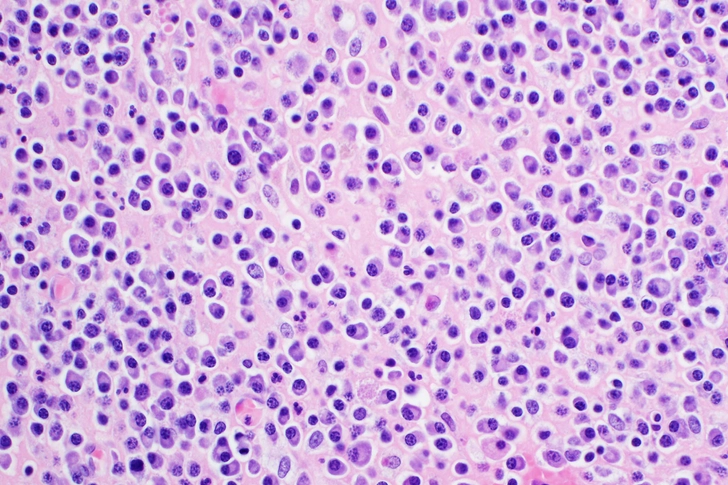At a Crossroads: 10 Things to Consider if Early Treatment for Multiple Myeloma Stops Working


What Was Your Frontline (First) Treatment?
There is no cure for multiple myeloma. Most people will experience periods of remission followed by periods of relapse over the course of the disease. If your early treatment has stopped working, the next step may depend on what type of treatment you had. The good news is that there are a lot of treatment options, so if an early treatment doesn't work, there are probably more options you can try.

How Long Did the Treatment Last?
If you have standard-risk multiple myeloma that was treated with an autologous (self-donated) stem cell transplant (ASCT), and the treatment lasted 2 to 3 years, you may be able to have another one. If your frontline treatment didn't last very long, you may need to try a different type of treatment.

Did You Have a Very Early Relapse?
If you relapse within nine months of your initial diagnosis, this is called a very early relapse. You may not have responded to your frontline therapy at all, or you may have relapsed during your maintenance therapy. There's no one right treatment for very early relapse, but two approved drug combinations that have been effective are:
- Darzalex, Revlimid, and dexamethasone
- Darzalex, Velcade, and dexamethasone

Did You Respond to the Therapy at All?
If you didn't have a transplant but you responded to your first treatment for at least six months to one year, your best option may be to repeat the same treatment. About 50% of people who responded to their first treatment will have a second remission with the same treatment. This is even more likely if your remission lasted one year or longer.

Are You Currently on Maintenance Treatment?
If you're currently on maintenance or continuous therapy with Revlimid and your relapse is non-aggressive (low-risk), your doctor may be able to treat you by adding another medication. The following combinations may be added to your Revlimid to produce a response:
- Empliciti and dexamethasone
- Ninlaro and dexamethasone

Have You Had a Stem Cell Transplant?
If you've already had an autologous stem cell transplant (using your own stem cells), you may be eligible for another one if your transplant was over one year ago. If your transplant was less than one year ago, your best option may be a new type of treatment. If you've had two autologous stem cell transplants, you may be eligible for an allogeneic transplant (using donor stem cells).

Are There Clinical Trials You Can Join?
Clinical trials are research studies that test out promising new treatments and procedures. If your doctor doesn't think any existing treatments will be effective for you, you may want to consider joining a clinical trial.

How Are You Feeling?
Before you decide on a treatment option for a relapse, you'll want to consider what your current symptoms are, if any. You should also consider any side effects you may have had with previous treatments. If you had a difficult time with your first transplant, you may not want to undergo another one if there are other options.

Are There New Medicines You Haven't Tried?
There are many drug options for treating multiple myeloma. Sometimes adding a new medicine to your current treatment may be all that's needed. Multiple myeloma is frequently treated with a combination of medications taken from the three major classes of drugs:
- Proteasome inhibitors
- Immunomodulatory drugs
- Monoclonal antibodies

What Supportive Treatments Are Available?
Regardless of what treatment option you and your doctor decide on, it's important to remember you can get supportive treatment for pain or other symptoms. Talk to your cancer care team about how you can improve your quality of life while you're undergoing treatment.
Photo Credits:
1. d3sign / Getty Images
2. grublee / Getty Images
3. UCSF / Getty Images
4. Thir Sakdi Phu Cxm / EyeEm / Getty Images
5. Ca-ssis / Getty Images
6. OsakaWayne Studios / Getty Images
7. LL28 / Getty Images
8. The Good Brigade / Getty Images
9. Taveesaksri / Getty Images
10. Cappi Thompson/ Getty Images
SOURCES:
International Myeloma Foundation: "Treatments for Early Relapse."
Medscape: "How is relapsed multiple myeloma treated in patients who have received a stem cell transplantation?"
American Cancer Society: "Treating Multiple Myeloma."